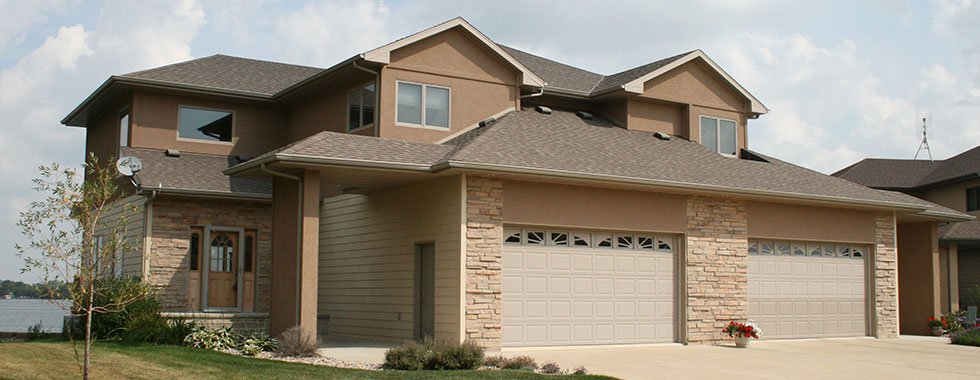Owning a property tied up in probate can feel frustrating and overwhelming, especially when you’ve already invested so much time and effort. In this post, we’ll guide you through the process of selling a probate property in New Jersey to help make the situation easier to navigate.
Handling probate can be a tough, emotionally draining process. Adding the responsibility of selling a house only increases the pressure. At We Buy NJ Real Estate, LLC, we specialize in making the sale of your probate property in New Jersey as simple and fast as possible. Here are some of our top tips to help you navigate the process and sell your probate property quickly. Keep reading to learn how we can assist you in achieving a hassle-free sale.
What Is Probate?
When a person passes away, probate is the legal process that takes place to distribute their assets to heirs, settle debts, and ensure that any outstanding financial obligations are met. If you’re facing probate, working with a probate attorney can be essential as they guide you through each step of this often complex legal journey. They’ll offer expert advice on debt payments, tax matters, and other challenges that may arise.
First, you’ll need to inventory the estate’s assets and locate any estate planning documents. It’s also important to notify creditors and use the estate’s funds to settle any debts. Filing the final income taxes, and potentially an inheritance tax, will be part of this process too. The duration of probate can vary significantly, especially if there is no will, and it may take anywhere from six months to more than two years to complete.
Why Would A Probate Home Need To Be Sold?
When someone passes away, their estate may still have outstanding debts or ongoing expenses, such as mortgage payments, that need to be addressed. If the estate lacks sufficient funds to cover these obligations, the executor may need to sell the property to prevent foreclosure. If the court doesn’t require the sale of the home, you’ll have to wait for the probate process to conclude before putting it on the market.
However, you can take steps now by reaching out to our team to discuss your property details. We can provide you with a tentative offer, giving you a clearer idea of what to expect once the probate process is finalized and the property is ready for sale.
How It Works
If the property wasn’t specifically left to an heir, the executor of the estate will be responsible for managing its sale. Interested buyers will need to submit a written offer along with a deposit. Before the offer is finalized, the court will check if any higher bids come forward. After court approval, the buyer will have the opportunity to inspect the property before the sale is completed. Once this process is finished, escrow can typically close within a few weeks. The proceeds from the sale are then used to settle any remaining debts, with the remaining amount distributed to the heirs as specified in the will.
Make Sure Everyone Is Onboard
When multiple heirs are involved, it’s crucial to ensure that everyone is in agreement before proceeding. While the executor has the legal authority to list and sell the property, it’s best to have all heirs on the same page to avoid potential disputes or family tensions. Having a clear consensus early on can help prevent challenges to the sale later, ensuring a smoother process for everyone involved.
Looking for more details on how to sell a probate property in New Jersey? Our team is here to help with all your questions. Contact us today to get the answers you need and learn more about how we can assist you! Call us at (908) 320-7995.
Get A Hassle-Free Cash Offer Today 🙂
Fill out the form below to get started

